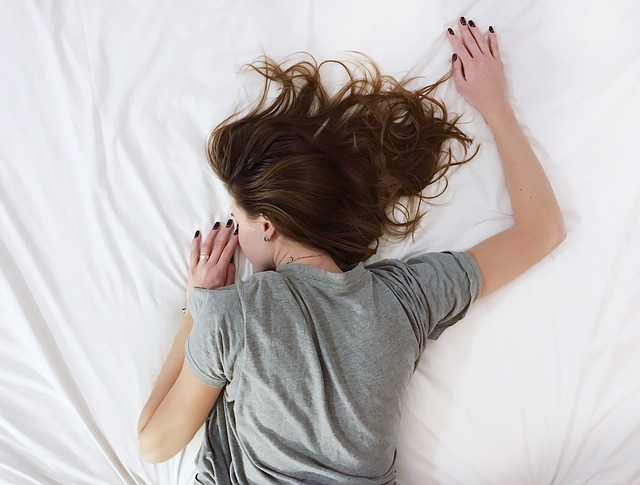Some 30 million Americans suffer from obstructive sleep apnea (OSA), a sleep disorder that causes them to stop breathing many times during the night while they sleep. OSA causes the sufferer to wake up and quickly fall asleep again every time they stop breathing. Someone with OSA does not realize that they are waking up like this during the night, but they get up in the morning feeling tired and suffer from fatigue during the day. The most noticeable symptom of OSA is snoring. Sleep apnea sufferers who seek medical treatment are usually prescribed a forced airway machine called a CPAP. This treatment is so common that other treatment options are often overlooked.
CPAP stands for continuous positive airway pressure; the sleeper wears a mask that is attached to the machine and forces air through the throat to keep it from collapsing. This keeps the airway open and allows free breathing all night.
CPAP is a proven treatment and it works; the problem is that many people cannot tolerate the use of the mask. Some people develop throat irritation from the constant forcing of air, while others simply find the mask to be uncomfortable and cannot sleep with it on. For these OSA patients, there are alternatives to CPAP.
Doctors often recommend surgery to cure OSA. The most common OSA surgery, uvulopalatopharyngoplasty, removes the flap of skin (the uvula) at the back of the throat, and in some extreme cases, part of the tongue. Surgery is painful and always has risks, and surgery for sleep apnea does not always entirely solve the problem.
Another alternative is an oral appliance. This is similar to a mouthguard and is custom fit to each patient by a dentist. While wearing the appliance, the lower jaw is held forward to pull throat tissue forward and tighten the neck muscles. This keeps the air passageway open for free breathing while the patient sleeps. Because the appliance is custom made to fit by a skilled dentist, it is comfortable for the patient to wear.
If you use or have been prescribed a CPAP and are not comfortable using it, speak to your doctor about alternative treatments. Going without treatment for obstructive sleep apnea can affect your daily life and be potentially life threatening.

